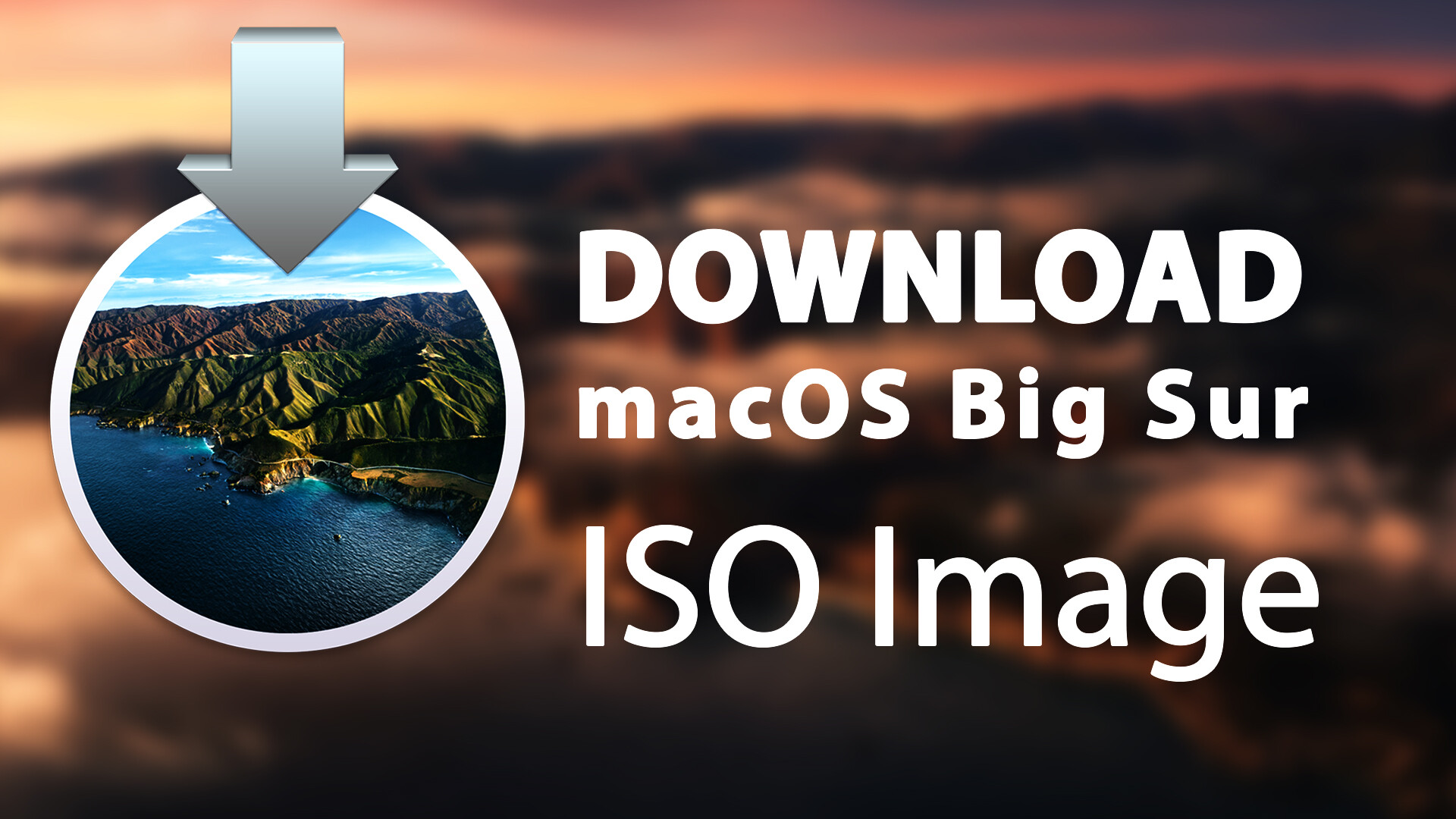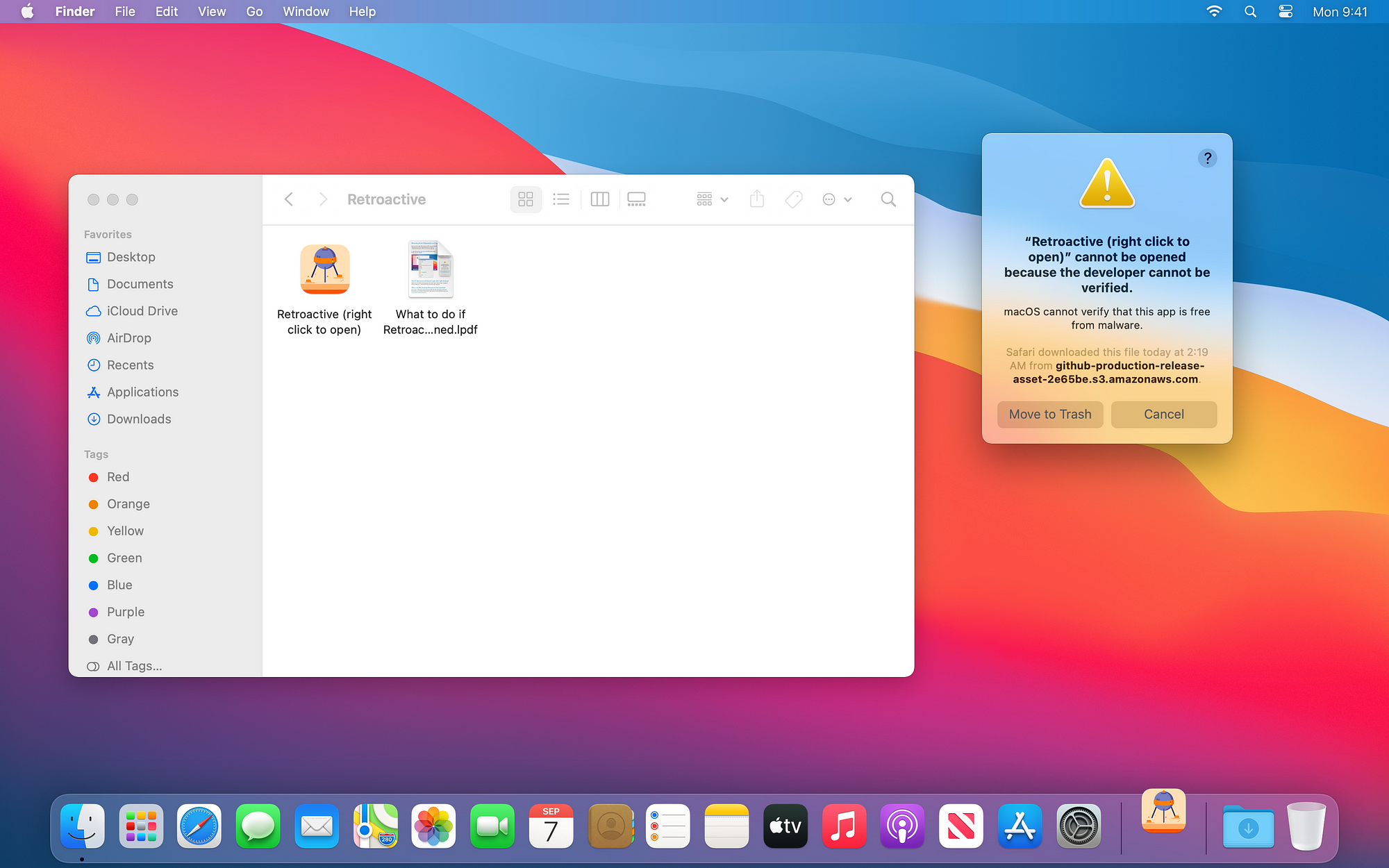Download Retroactive For Mac Big Sur
If you need to run Aperture, iPhoto, or iTunes on macOS Big Sur or macOS Catalina, download the Retroactive app. This article is not a manual, but a technical deep dive on how the first version of. Daylight looks beautiful, pathtracer for better quality, and PCM for when you really need accuracy and realism. It has post processing nodes, and a big bunch of retro lenses (kodak, afga, etch). I was paying the membership gladly, but they decided to make it free for a year for mac users so I am taking advantage of that. File size: 2.5 MB. Downloads: 28,638. User rating: 21 votes. Rate this 5 (Best) 4 3 2 1 (Worst) macOS Big Sur elevates the most advanced desktop operating system in the world to a new level.
Epson Printer Utility 4 and Mac Big Sur. I can no longer run this print utility for my Epson R3000. I just get a msg saying that it can’t launch. I can’t attest to the idea that my install of Big Sur is responsible for this, but it’s a suspect. I also had some trouble printing recently and I ended up doing a re-install of the Epson print. Apple's latest operating system MacOS Big Sur is now available for download as a free software update for all users, so long as your Mac is compatible.The newly designed operating system includes.

- Download a MacOS Big Sur .iso Download
- Download KVM OpenCore bootloader Download
- Extract the downloaded KVM OpenCore bootloader .gz file
- Upload the Big Sur and KVM OpenCore .iso files to the Proxmox ISO library
- Log into the ProxMox web UI
- Right click the ProxMox node name > Create VM
- Type MacOSBigSur in the name field, set the VM ID to 1100 (unless 1100 is in use) > Next
- On the OS tab, set the Type field to Other and select the KVM OpenCore .iso in the ISO Image field > Next
- On the System tab, set the Graphic card field to VMware compatible, BIOS field to OVMF (UEFI), Check the Add EFI Disk checkbox, Machine field to q35 and the SCSI Controller to VirtIO SCSI > Next
- On the Hard Disk tab, set the Bus/Device field to VirtIO Block, Disk size field to 64, Cache field to Write back (unsafe) > Next
- On the CPU tab, set Cores field to 4, Type field to Penryn > Next
- On the Memory tab, set the Memory to 4096 > Next
- On the Network tab, set the Model field to VMware vmxnet3 > Next
- Verify the summary and click Finish
- Click the MacOSBigSur VM > Select Hardware from the left sub-navigation menu
- Click Add > CD/DVD Drive
- Select the MacOS Big Sur .iso downloaded earlier > Click Create
- Select the MacOSBigSur VM > Options > Boot Order
- Set the KVM OpenCore disk as the first boot option > Click OK
- Right click the ProxMox node name > Console
- Run the following commands in the terminal # edit the VM conf file, chnage 1100 to the VM ID for the Big Sur VM
nano /etc/pve/qemu-server/1100.conf - If running on an Intel CPU, add the following line to the bottom of the .conf file:
args: -device isa-applesmc,osk='ourhardworkbythesewordsguardedpleasedontsteal(c)AppleComputerInc' -smbios type=2 -device usb-kbd,bus=ehci.0,port=2 -cpu host,kvm=on,vendor=GenuineIntel,+kvm_pv_unhalt,+kvm_pv_eoi,+hypervisor,+invtsc
- If running on an AMD CPU, add the following line to the bottom of the .conf file:
args: -device isa-applesmc,osk='ourhardworkbythesewordsguardedpleasedontsteal(c)AppleComputerInc' -smbios type=2 -device usb-kbd,bus=ehci.0,port=2 -cpu Penryn,kvm=on,vendor=GenuineIntel,+kvm_pv_unhalt,+kvm_pv_eoi,+hypervisor,+invtsc,+pcid,+ssse3,+sse4.2,+popcnt,+avx,+avx2,+aes,+fma,+fma4,+bmi1,+bmi2,+xsave,+xsaveopt,check
- Press CTRL+W and search for ,media=cdrom
- Delete the ,media=cdrom from the two attached .iso files (KVM OpenCore and Big Sur) and add cache=unsafe
- Press CTRL+O, Enter, CTRL+X to write the changes to the conf file
- Back in the Proxmox web UI, right click the MacOSBigSur VM in the left navigation pane > Start
- Click console in the left sub-navigation menu
- At the OpenCore menu, select UEFI Shell > Press Enter
- Type the following in the UEFI shell: # change to the Big Sur .iso, the disk number may be different for you
fs0:
# launch the MacOS installer
SystemLibraryCoreServicesboot.efi - After a long initialization sequence the MAC OS Setup should start
- Select Disk Utility
- Select the VIRTIO Block Media > Click Erase
- Name the drive OS11 > Set the Format to APFS > Click Erase
- Click Done > Close Disk Utility
- Click Install macOS Big Sur
- Click Continue > Click Agree > Click Agree again
- Select the OS11 disk > Click Install
- Wait while Mac OS 11 installs files, the VM will reboot several times
- Press Enter at the OpenCore boot screen after each reboot to continue the MacOS installation
- Select your Country > Click Continue
- Confirm your languages and keyboard layout > Click Continue
- Click Not Now on the Accessibility screen
- Click Continue on the Data & Privacy screen
- Select Not Now on the Migration Assistant screen
- Select Set Up Later and then Skip on the Apple ID screen
- Click Agree > Agree again
- Enter a name, user name, password > Click Continue
- Click Customize Settings
- Click Continue > Select Use or Don't Use for Location Services
- Pick a timezone > Click Continue
- Choose whether to share analytics with Apple > Click Continue
- Click Set Up Later on the Screen Time screen
- Uncheck the Enable Ask Siri box > Click Continue
- Pick a theme > Click Continue
- Welcome to MacOS 11 Big Sur
If you’re looking for a way to easily download the installer pkg of recent and future macOS software releases, a new app from Scripting OS X will let you do just that. “Download Full Installer” is a new app from Armin Briegel that lists the full macOS Big Sur and later installer pkgs available from Apple’s software update catalogs.

The app will download the macOS pkg, allowing you to use it in your management system, archive the installer pkg, or manually run the installation. Why does this app need to exist in the first place? Briegel explains:
This is a Swift UI implementation of my fetch-installer-pkg script. It will list the full macOS Big Sur (and later) installer pkgs available for download in Apple’s software update catalogs.
You can then choose to download one of them.
Download Retroactive For Mac Big Sur

You may want to download the installer pkg instead of the installer application directly, because you want to re-deploy the installer application with a management system, such as Jamf.
Download Retroactive For Mac Big Sur Full
Since the Big Sur macOS installer application contains a single file larger than 8GB, normal packaging tools will fail. I have described the problem and some solutions in detail in this blog post.
You can download the “Download Full Installer” application from GitHub for free and learn more in the announcement blog post right here. This app won’t be useful for everyone, but for those who need quick and easy access to macOS installer packages, it will make things significantly easier.

Download Retroactive For Mac Big Sur Free
FTC: We use income earning auto affiliate links.More.